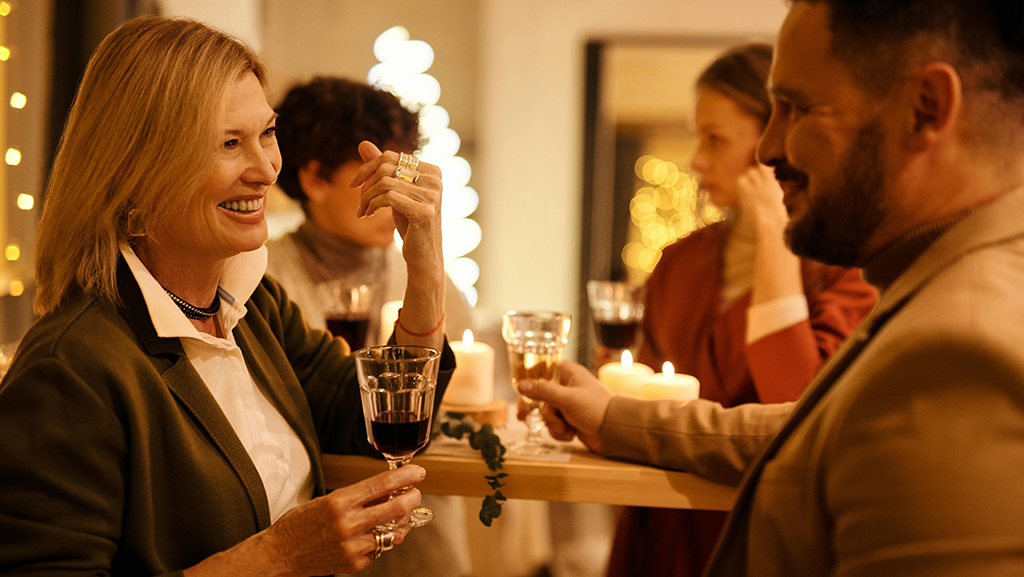On the 5th July, the National Health Service celebrates its 75th anniversary and we would like to take a moment to remember NHS glasses. Rawlings Opticians was one of the early providers of NHS glasses and they hold a special place in the history of healthcare in the United Kingdom, first becoming available in 1948 a few years after the Second World War when Rawlings Opticians was already 53 years old. These affordable eyewear options played a significant role in ensuring accessible vision correction for countless individuals. Remembering NHS glasses is an opportunity to reflect on the positive impact they had on improving people’s lives.
For many people, including our patients and some of our staff members, NHS glasses hold memories of visiting the optometrist, undergoing an eye examination, choosing frames from a very small range, and receiving the prescription needed to correct their vision. The frames, though simple in design, were built to withstand daily use and provide reliable vision correction. By offering affordable eyewear, the NHS ensured that financial constraints did not prevent individuals from having access to the vision correction they needed to lead fulfilling lives.
In the early years, NHS glasses may have been characterised by limited style choices, with a conservative and functional approach. The frames were typically available in three materials: cellulose acetate, nickel or gold-filled metal, they were purely function over fashion! The options for children were almost as limited, but after the 1970’s the choice expanded to include plastic frames in blue, crystal, brown, pink and black, they even had curl ended sides to help keep them on. The value of NHS glasses laid in their accessibility. People from all walks of life, regardless of their income, could obtain glasses through the NHS, improving their ability to see the world clearly and perform daily tasks with confidence.
From the 1960’s, glasses wearers could start to purchase ‘private’ frames with NHS lenses which gave them more fashionable choices. Over time, the NHS stopped making glasses due to the costs involved. More and more people wanted ‘private’ glasses, often multiple pairs, so they could be a fashionable adornment as well as allowing them to see – instead the NHS developed a voucher system that is still used today towards glasses for children and for those in situations of financial hardship.
Looking back on the legacy of NHS glasses reminds us of the power of accessible healthcare to everyone. For many individuals, receiving their first pair of NHS glasses was a milestone that opened new possibilities, enabling them to fully engage in their education, work, and leisure activities.


